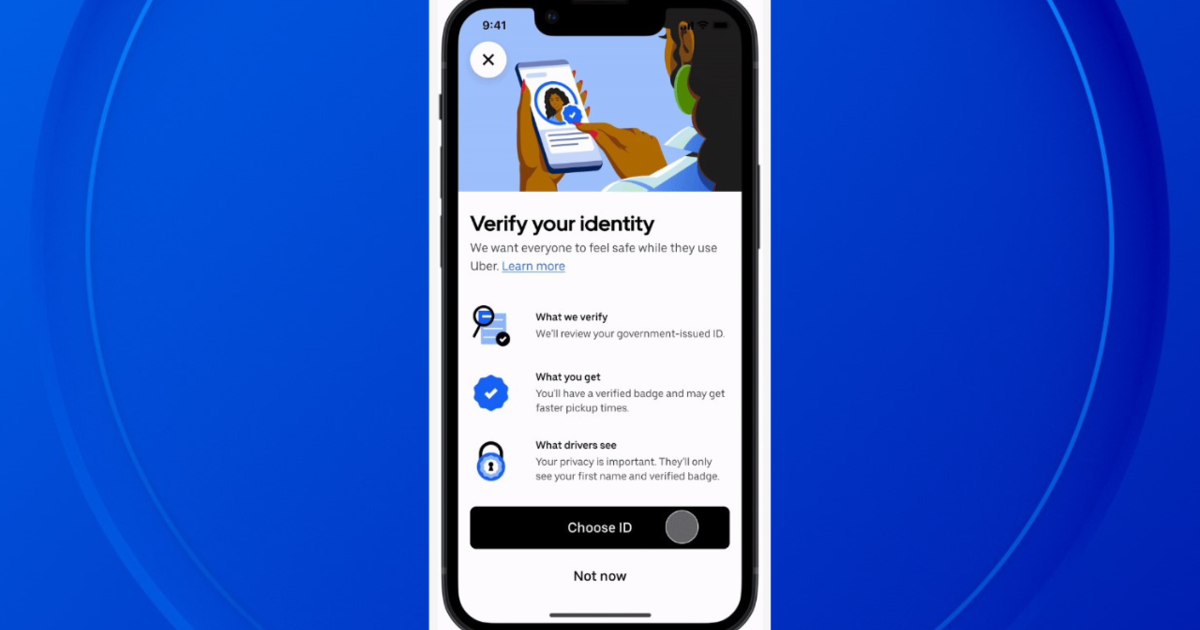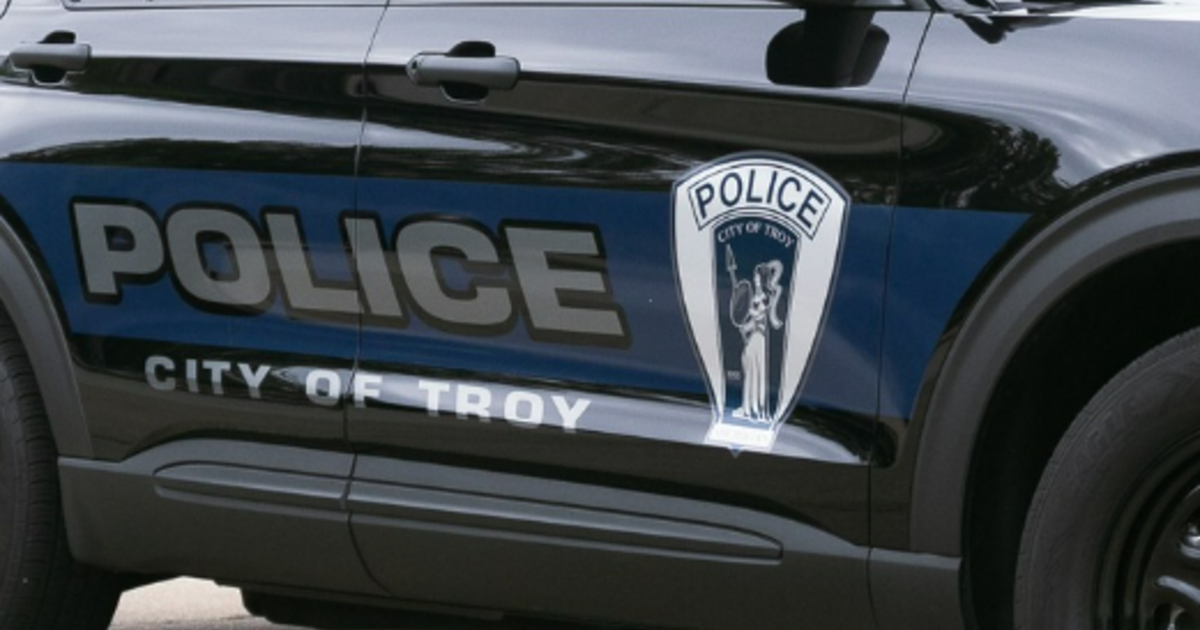Sprint Nextel CEO Talks Up Connected Cars, Trucks
The future of the wireless industry is all about connected devices and machinery creating environmental, safety, efficiency and operational benefits, the CEO of Sprint Nextel told the Detroit Economic Club Friday.
Dan Hesse painted a picture of the future of wireless telephony far more complex than the stereotype of the BlackBerry-addicted executive or the text-happy teen-ager.
He talked about Sprint's "Machine-to-Machine Connected Transportation" initiative, and how the Overland Park, Kan.-based company is working with a wide variety of partners to bring high-speed wireless Internet connectivity to everything from trucks to buses to taxis to airplanes to police cars to ambulances.
That connectivity can help reduce accidents, provide other safety benefits, enhance fleet efficiency and improve driver performance -- all of which provides environmental benefit in reduced energy use.
He said Ford Motor Co.'s Ford Work Solutions indash productivity system uses the Sprint network to give work trucks a dashboard screen that offers realtime material and cost data, inventory, invoicing and work order functionality.
He described how Aeris Communications has selected the Sprint network to power Hyndai Motor America's Blue Lunk connected vehicle program, launching later this year. The system will include safety, secruity, entertainment, productivity and convenience features.
He said the wireless revolution in education is just beginning, with student access to e-books over devices like the Kindle.
Also, Paccar, parent company of Peterbilt and Kenilworth trucks, is working with Sprint on a new mobile computing, telematics, navigation and business system, to be branded as SmartNav for Peterbilt and NavPlus for Kenilworth. The system will include vehicle diagnostics, logistics, back-office and other functionality to truck operators, as well as Web access to truckers when they're not in motion.
And Sprint is working with California-based Ecotality to provide wireless connectivity to more than 15,000 residential and commercial electric vehicle charging stations through its new nationwide Blink network.
And he described how Sprint is working with budget-crunched police departments in San Jose, Calif. and DeKalb, Ill. to make police more productive with in-vehicle Web access.
Finally, Hesse talked up American Family Insurance's DriveCam program, which uses Sprint connectivity to automatically notifies parents and turns on an in-vehicle camera when an equipped vehicle is driven dangerously. American Family offers the system free to any insured household with teen drivers.
Hesse said he was also in Detroit as part of an "annual pilgrimmage" to the North American International Auto Show with his 15-year-old son. He said this is the fifth year they've made the trip. "He's more of a gearhead than I am," Hesse said. "He's car shopping, because he's 15. He's up in his room now studying, that's the deal, because I had to pull him out of school today." His son's goal, he said, is to become CEO of General Motors.
He described his 1960s youth and his infatuation with Detroit muscle cars of the era -- the Pontiac GTO, he said, was his favorite. His senior year of high school, his Army father got transferred to Germany, where he learned about BMWs, Mercedes Benzes and the no-speed-limit autobahn.
As for his personal technology tastes, he said he carries a Samsung Epic, HTC Evo and BlackBerry in his satchel, and that his favorite technology from last week's Consumer Electronics Show in Las Vegas was the largest 3D TVs.
Hesse has been Sprint Nextel CEO since 2007. He started his career with AT&T in 1977, staying until 2000, when he was CEO of AT&T Wireless. He left for a wireless startup, Terabeam, saying he didn't want to retire without trying his hand at a startup at least once. He has a master's degree from MIT, an MBA from Cornell and a bachelor's degree from Notre Dame.
Hesse said he sees two trends in the auto industry -- green, fuel efficient renewable-based technologies, and wireless technology.
"My industry and auto industry share the same basic value proposition," Hesse said. "We both appeal to everyone's desire for freedom and mobility."
He said each generation of wireless service provides about a fivefold increase in data transmission speed, reliability and efficiency. The current push for 4G systems will mean two-way video conferencing and TV-quality imaging with wireless phones.
He wouldn't say exactly when Sprint will offer 4G speeds in Detroit.
But he did say wistfully, "I wish these G's would last longer so we could get a better return on our investment. Each G means billions in investment on our part."
At a question-and-answer session with reporters after his speech, Hesse said he didn't know exactly what the "killer app" for 4G in the car would be, but said it would likely be Internet connectivity and in-vehicle entertainment for passengers and realtime vehicle information for dealers and automakers.
He said the most important thing to succeeding as a wireless company is "having a culture of innovaton and relentlessly innovating," encouraging employees to bring forward all their ideas and being willing to try a few things that don't work. He described a "white room" next to his office (and in a nod to the classic rock band Cream, he said it has black curtains) covered with whiteboards where he retreats to brainstorm.
Hesse also said he thinks Sprint will be more cost competitive with its major rivals, AT&T and Verizon, once it finally consolidates the Sprint and Nextel networks. "But that doesn't mean we don't have great deals," he said to audience laughter, rattling off a few like a salesman.



